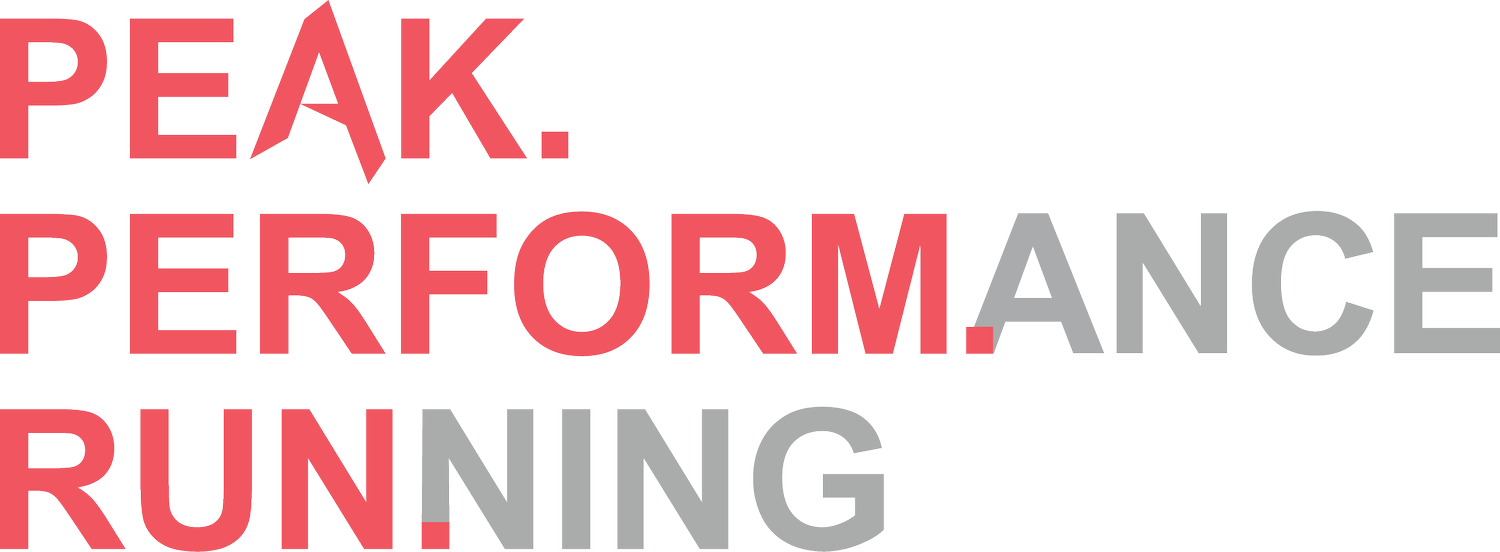S2|E4 Internal Dialogue + Self Talk
Mental Game Scorecard - 12 Questions for a chance at a free pair of socks: https://forms.gle/avC1EarNT3XmaTfp7
A study from 2013 showed a unique insight about runners and their inner dialogues. The study shares that the pace was the same in both trials - at 9 minutes into a 10 minute run they were asked what the internal dialogue was: the majority answered that they were focusing on “finishing” - they were 90% complete, so they simply had to execute the effort. When the interval was increased from 10 minutes to 20 minutes (pace being constant), the participants were asked what their internal dialogue was at 9 minutes into a 20 minute interval. They shared that they we’re more focused on maintaining and staying in the moment. They weren’t focused on the discomfort because they had more than 10 minutes to go.
I found this intriguing because the runners polled were focused on executing a specific goal which is why I believe it’s important to go into every race with a purpose or intention. Everyone can be strong and tough out a minute to go when it matters but 11 minutes? This is what struck me the most - when they had to go longer - they weren’t worried about if they could do it, they were simply focused on achieving the task at hand. There is so much power in the PURPOSE of your racing that focusing on the purpose and talking yourself up lead to great results.
(Dis)assocation
There are times when we want to let our mind wander and disassociate from what we’re doing. If you’ve ever found yourself running and all of a sudden you’re 2,3, 4 miles into the run - you’ve experienced disassociation. When you’re on an easy run - it’s a great skill, and sometimes a necessary one when you’ve got miles to cover on your own. However, when it comes to racing the same study shared above dissects that above our AeT we not only physiological changes but we see psychological changes - specifically around association and disassociation. Above AeT we see that when things start to get uncomfortable, athletes start to throw yellow or red flags and begin to associate towards previous painful events. This anomaly is not present when athletes run below AeT and they aren’t under significant pressure or duress.
So how do we prevent the red/ yellow flags?
Get specific and be conscious of your thoughts during practice. When you go into reps, start to see when the water begins to “boil”. When it gets tough, what’s your first thought? What’s the dialogue in your head? With repeats, you can test different phrases or conversations. I believe that when you talk through the rep and practice being engaged vs. disassociating and just “tagging along” in a workout - you get more from the session. That said, numerous studies show training in a group can decrease your perceived effort and help you push yourself further for longer.
I-Statements from the Video
Referring to yourself in third person or using I statements can be a powerful way to get yourself hyped up and engaged in racing. There are a number of statements and phrases you can use and practice during your races or practice sessions to get you through tough moments. What you practice becomes a habit (good and bad!)
“I am trying a new strategy”
“I can run fast in lap 3”
“I can see clearly”
“Andrew is strong on the start line”
“Andrew can handle big moments
“Don’t be afraid to hurt”
There isn’t much left”
This is a comfortable pace
We do this in practice, breath
Personal Pep Talk Recipe
Keep it simple, clear, and powerful
Evoke previous success for confidence
Tell yourself what to focus on to play your best
Remember there is nothing to lose and everything to gain
Make a decision to enjoy the moment
There is no download this week. Follow this link to take the Mental Game Scorecard or go to the end of Episode 5 for a walk-through of my personal pre-race pep talk (try not to cringe).

